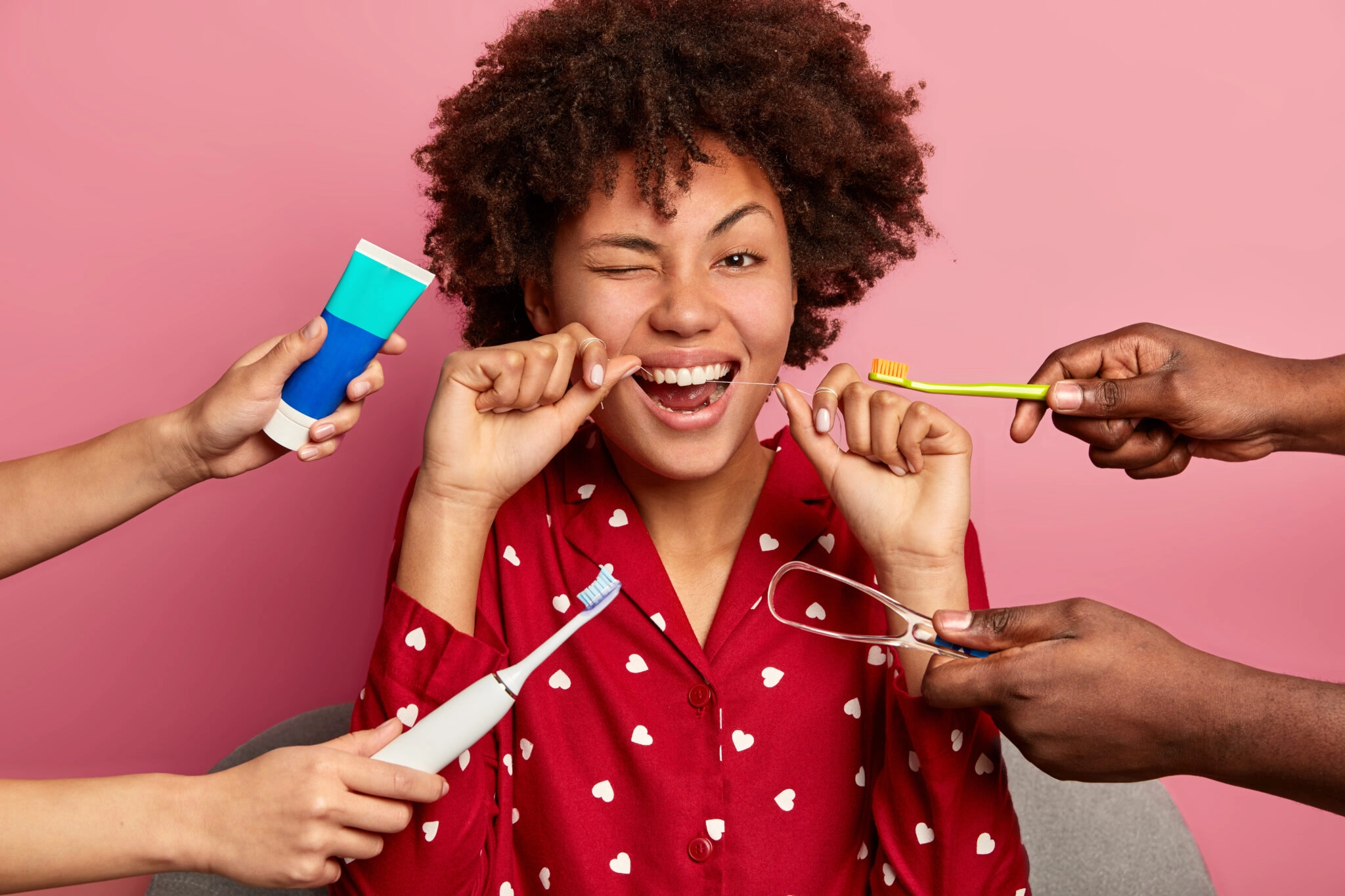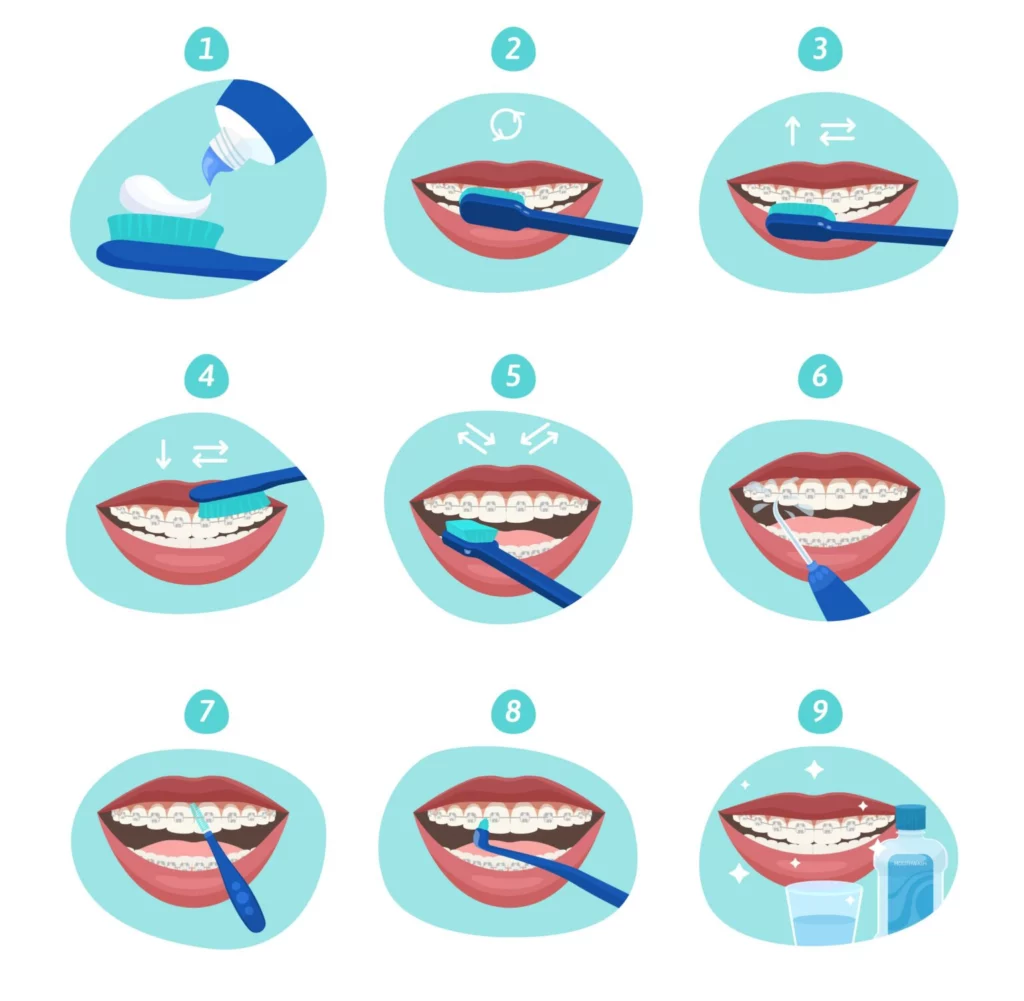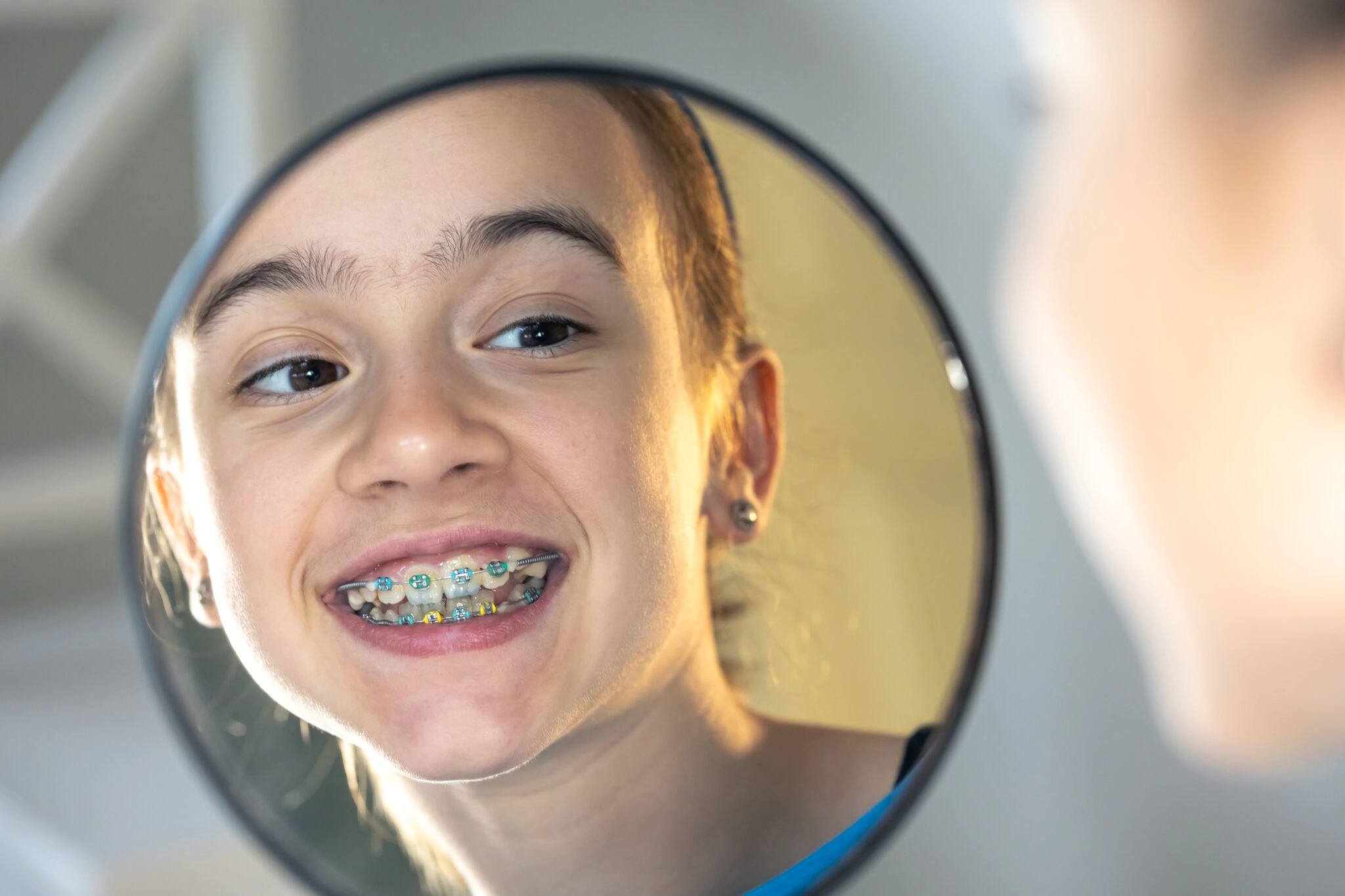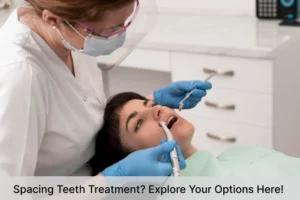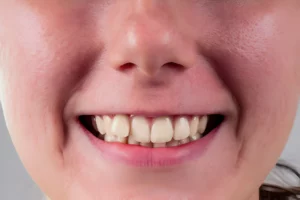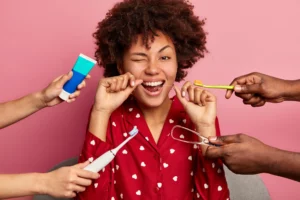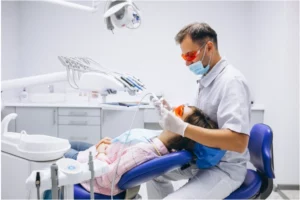Maintaining oral hygiene holds significance in every phase of life. It’s advisable to brush your teeth at least twice a day to eliminate any plaque accumulation. When you have braces, this routine should be even more frequent. There exist both cosmetic and medical motives for ensuring proper care of your teeth and gums while wearing braces. Although it might take a bit longer to brush and floss with braces, the additional time and effort invested are worthwhile. Once your braces are removed, you will unveil a gorgeous, healthy smile that will last a lifetime.
What is Oral Hygiene?
Oral hygiene involves the conscientious practice of maintaining cleanliness in both your teeth and mouth, aimed at preventing decay, diseases, and various other issues that may arise within the oral cavity. This proactive approach to dental care plays a crucial role in promoting overall oral health and well-being, emphasising the importance of regular habits to ward off potential complications.
The Significance of Oral Hygiene
Upholding excellent oral hygiene serves as a preventive measure against undesirable conditions such as bad breath, tooth decay, and gum disease. The accumulation and formation of bacteria into plaque not only pose immediate oral health risks but can also contribute to a spectrum of broader health issues.
Before embarking on your orthodontic journey with braces, your orthodontist conducts a thorough examination to ensure the health and infection-free status of your mouth and gums. Attempting to reposition teeth in the presence of an infection can be perilous. If an infection arises during orthodontic treatment, the orthodontist is compelled to suspend the treatment until the infection is successfully treated and cleared, underscoring the imperative nature of maintaining oral health during the entire orthodontic process.
How Do You Maintain Good Oral Hygiene with Braces?
Maintaining excellent oral hygiene remains paramount, whether you have braces. The fundamental practices of regular brushing, flossing, and routine dental check-ups continue to be crucial throughout your orthodontic treatment. The only adjustment required is in the technique employed for brushing and flossing when braces are in place. While this adaptation may initially seem unfamiliar, with practice and acclimatization, it can be seamlessly incorporated into your daily routine.
Key Points:
- Consistency is Key: The importance of regular oral hygiene persists during orthodontic treatment.
- Routine Practices: Continue with brushing, flossing, and regular dental check-ups.
- Adaptation with Braces: Understand and implement the modified technique for brushing and flossing with braces.
- Practice Makes Perfect: While it may take some getting used to, the adjusted oral hygiene routine becomes more natural with practice.
Comprehensive Step-by-Step Oral Hygiene Routine for Braces
1 Brushing Your Teeth (and Braces)
Following meals, initiate your oral hygiene routine by brushing your teeth. Opt for either an electric or manual toothbrush, accompanied by a fluoride gel or toothpaste for enamel protection. Avoid whitening toothpaste during braces treatment, as it may not reach beneath the brackets. Hold the toothbrush at a 45-degree angle against the top of the brackets, starting with the upper teeth. Utilize a small circular motion to clean the top half of your teeth, brackets, and wires. Extend the process to the inside of your upper teeth and all flat surfaces. Repeat the technique on the lower arch. For persistent food particles, employ an interdental brush for areas beyond the toothbrush’s reach.
2 Flossing
Take approximately 20cm of floss, wrapping it around your index fingers. Thread the floss between the wire and teeth, applying firm pressure to gently navigate between teeth and into the gum, effectively removing plaque and debris. Should you encounter challenges with brushing or flossing while wearing braces, seek assistance from the clinic or request a demonstration during your next appointment.
3 Inspection of Teeth and Braces
Conduct a brief examination of your teeth to ensure the removal of all food particles and plaque. Check the brackets and wires to verify their stability and absence of damage.
4 Wax Application
If brackets or wires cause discomfort by rubbing against the inside of your mouth, apply a small ball of wax to the affected areas. Smooth it over the braces as needed. In cases of persistent irritation, contact the clinic for further guidance.
Factors Influencing the Effectiveness of Braces
Several factors play a crucial role in determining the success of orthodontic treatment with braces, encompassing eating habits, lifestyle choices, oral hygiene practices, and overall well-being.
The foremost consideration lies in the cleanliness of your mouth, a pivotal factor for successful orthodontic treatment. Inadequate oral hygiene leading to cavities or gum disease can derail the progress of orthodontic treatment, necessitating a prolonged duration for completion and causing frustration. Therefore, maintaining optimal cleanliness habits is imperative.
Eating habits wield a significant impact on dental hygiene, directly influencing the effectiveness of braces. The choice of foods and how they are consumed are critical aspects that can either support or hinder your journey toward achieving a beautiful smile during the braces’ tenure.
Good Eating Practices
Recognizing the pivotal role of food in oral health, especially during the braces phase, is essential. Your dietary choices profoundly impact the condition of your teeth. To promote the longevity and effectiveness of braces, it is crucial to cultivate and adhere to good eating habits.
Consuming a Balanced, Nutritious Diet
Eating a well-rounded and nutritious diet is paramount. Prioritizing foods that contribute to dental health is essential in maintaining the cleanliness of braces. Incorporate items such as cranberries (rich in polyphenols), black tea for mouth rinsing, milk for calcium and phosphorous, green leafy vegetables for folic acid, calcium, and minerals, as well as raisins for phytochemicals.
Balanced Diet for Overall Nutrition
While softer foods are recommended during the braces period, it’s crucial not to compromise on essential nutrients. Strive to include all nutrient groups, including protein, fat, carbohydrates, vitamins, and minerals in your meals.
Foods to Avoid
Certain foods should be avoided to protect the integrity of the braces. Highly acidic foods can erode enamel, while hard and crunchy foods may stress the wires and damage the braces. It’s advisable to refrain from consuming items like corn on the cob, caramels, ice, hard candy, raw vegetables, and fruits that require biting (cut them into pieces before consumption). Steer clear of gummy treats and sticky candies, as they tend to adhere to teeth, fostering bacterial growth.
Preference for Softer Foods
Opting for softer foods that demand less strenuous chewing is recommended to minimize potential stress on the braces and ensure optimal orthodontic progress.
Regular Dental Visits with Braces
While consistent orthodontic appointments are essential, it’s crucial to recognize that they don’t replace regular visits to the dentist. Throughout the period when you have braces on, it is recommended to schedule dental check-ups every six months for professional teeth cleaning. Ensure to plan and schedule your appointments in advance to avoid forgetting these important dental visits.
In conclusion
In conclusion, the commitment to excellent oral hygiene, coupled with the insights and guidance offered by Simply Braces, is the key to unlocking a beautiful, healthy smile that endures a lifetime. For any queries or assistance on oral hygiene matters, the dedicated therapists at the clinic are readily available, either through a call or online contact, and always eager to provide the support needed for a successful orthodontic journey. In the pursuit of a beautiful and enduring smile, the importance of maintaining optimal oral hygiene cannot be overstated. The journey, especially with braces, necessitates a dedicated commitment to cleanliness, consistent practices, and a mindful approach to various influencing factors.
If you have any oral hygiene queries, don’t hesitate to call a therapist at our clinic, or contact us online – they’re always happy to help.


